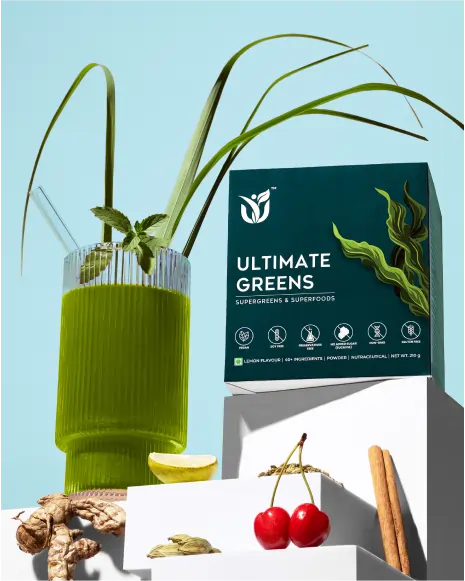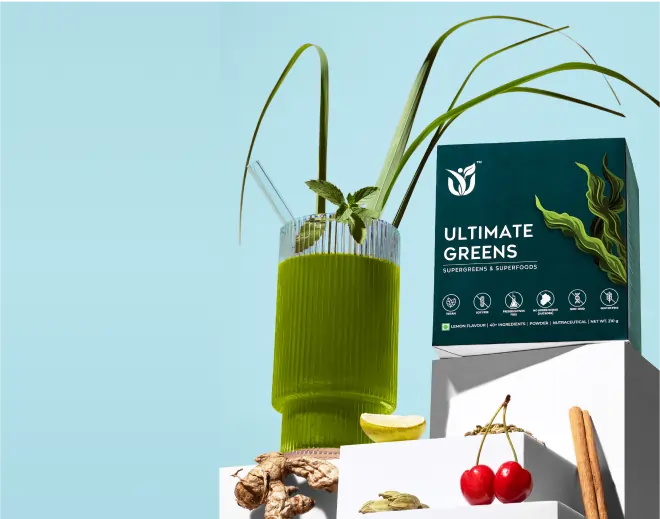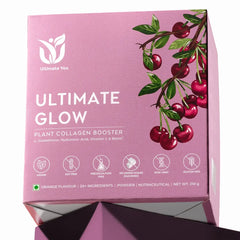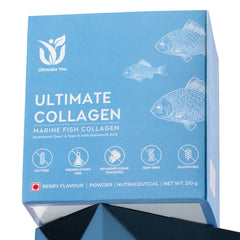Our skin is constantly adapting to environmental changes—temperature, humidity, pollution, and UV exposure. While topical sun protection remains essential, there’s growing evidence that certain nutrients can enhance our skin’s defense from within.
By focusing on specific foods that support antioxidant pathways, reduce inflammation, and maintain skin structure, we can strengthen the skin’s foundation and respond to UV damage. This internal support adds another layer to our sun protection routine.
1. Blueberries
Blueberries are one of the most skin-friendly fruits you can eat—especially in summer. Packed with anthocyanins and vitamin C, they help fight oxidative stress caused by sun exposure. These antioxidants protect your skin cells from UV-induced free radicals, which are responsible for premature ageing, collagen breakdown, and dullness.
The vitamin C content also supports collagen production, helping your skin stay plump and firm during long days outside. Research suggests that regularly eating antioxidant-rich fruits like blueberries may reduce skin sensitivity to UV rays over time. Their natural anti-inflammatory properties also help calm redness and irritation, making them perfect for after-sun recovery.
How to Use?
- Add to oatmeal, smoothies, or yoghurt bowls
- Make blueberry chia jam for parfaits
- Freeze for a cooling snack
- Eat blueberries with a source of healthy fat (like nuts or yoghurt) to boost antioxidant absorption
2. Watermelon
Watermelon is more than a refreshing summer treat—it’s a natural shield against UV rays. It contains high levels of lycopene, an antioxidant that helps neutralize sun-induced free radicals and reduce inflammation. Lycopene also absorbs UVA and UVB radiation, offering internal protection over time.
Regular consumption can help your skin become more resilient to sunburn and damage, though it’s not a replacement for SPF. Since the body stores lycopene in the skin, eating watermelon consistently during hot sunny days enhances its photoprotective benefits.
How to Use?
- Blend into smoothies or juices
- Toss in fruit salads or salsas
- Eat chilled for post-sun hydration
- Pair watermelon with a dash of olive oil or avocado for better lycopene absorption
3. Nuts & Seeds
Nuts and seeds, especially walnuts, chia seeds, flax seeds, and hemp seeds, are loaded with omega-3 fatty acids—essential for skin resilience. Omega-3s are known to reduce UV-induced inflammation, prevent moisture loss, and protect the skin barrier. These healthy fats also assist in repairing cellular damage caused by the sun and reduce the risk of long-term photodamage. Since the body can’t produce omega-3s on its own, incorporating a variety of seeds and nuts into your diet is key for summer skin defense. Additionally, they’re rich in vitamin E and polyphenols, which act as antioxidants to support youthful, glowing skin.
How to Use?
- Sprinkle on smoothies, oatmeal, or salads
- Mix into trail mix or protein balls
- Add to baked goods or granola
- Grind flax seeds before eating to enhance absorption; store seeds in the fridge to maintain freshness
4. Carrots
Carrots are excellent sources of beta-carotene, a pigment that converts into vitamin A in the body. This nutrient enhances your skin’s defense against UV rays by acting as an internal sunscreen. A diet high in beta-carotene-rich foods may help reduce skin redness and increase tolerance to sun exposure. The antioxidants in carrots neutralize free radicals and support the skin’s natural repair system.
How to Use?
- Add to smoothies or green juices
- Saute with olive oil and garlic
- Toss into salads or grain bowls
- Cooked carrots increase the bioavailability of carotenoids when paired with healthy fats
5. Green Tea
Green tea is a powerful drink for skin defense. Its standout compound, EGCG (epigallocatechin gallate), helps protect skin cells from UV-induced DNA damage. Green tea has also been shown to reduce inflammation, minimize redness, and even prevent collagen breakdown caused by UVA rays. Regular consumption supports smoother, firmer skin over time. Swapping your morning coffee for green tea could be one of the easiest ways to boost your skin’s internal sun defense while staying refreshed.
Key Nutrient
EGCG (Epigallocatechin gallate) – helps prevent DNA damage, collagen loss, and skin aging from UV exposure.
How to Use?
- Drink iced with mint and citrus
- Add to smoothies or popsicles
- Use as a base for refreshing slushies
6. Cauliflower
Cauliflower might not be vibrant in color, but it's packed with sun-protective compounds. One of its key strengths lies in histidine, an amino acid that boosts production of urocanic acid—a natural UV-absorbing compound in the skin. This helps reduce DNA damage from sun exposure. Cauliflower is also rich in antioxidants like vitamin C and glucosinolates that combat free radical stress and inflammation caused by sunlight. Its anti-inflammatory nature makes it a valuable addition to your diet when you’ve spent extended time outdoors. Whether roasted, grilled, or blended, it’s a versatile way to nourish your skin.
How to Use?
- Grill as cauliflower steaks
- Blend into creamy dips or soups
- Roast with spices for a hearty side
7. Pomegranate
Pomegranate seeds are packed with polyphenols—particularly ellagic acid and anthocyanins—that help protect the skin against free radical damage caused by UV rays. These antioxidants reduce inflammation, prevent collagen breakdown, and may even enhance the effectiveness of sunscreen.
Studies suggest that pomegranate extract can reduce the effects of sunburn and oxidative stress when consumed regularly. The fruit also contains vitamin C, supporting collagen production and keeping skin firm and elastic. The juicy seeds (arils) are a refreshing, hydrating addition to your summer skincare diet, working from the inside out to defend against environmental stressors. Their vibrant red color is also a good sign of potent antioxidant levels.
How to Use?
- Sprinkle over salads or yoghurt
- Blend into smoothies or juices
- Enjoy as a sweet, juicy snack
Conclusion
Creating a skin-supportive routine through food is a simple but powerful strategy. The nutrients found in everyday ingredients like fruits, vegetables, and seeds can help reinforce your skin’s natural resilience and recovery. Combined with other protective measures, this approach offers a more complete way to care for your skin in every season.
Disclaimer
The information provided is for educational purposes only and is not intended to be a substitute for medical treatment. If you're pregnant, nursing, taking medication, or have a medical condition, it's better to consult a healthcare professional. Ultimate You does not provide any guarantee regarding the accuracy, adequacy, completeness, legality, reliability, or usefulness of the information and disclaims any liability arising from it.











